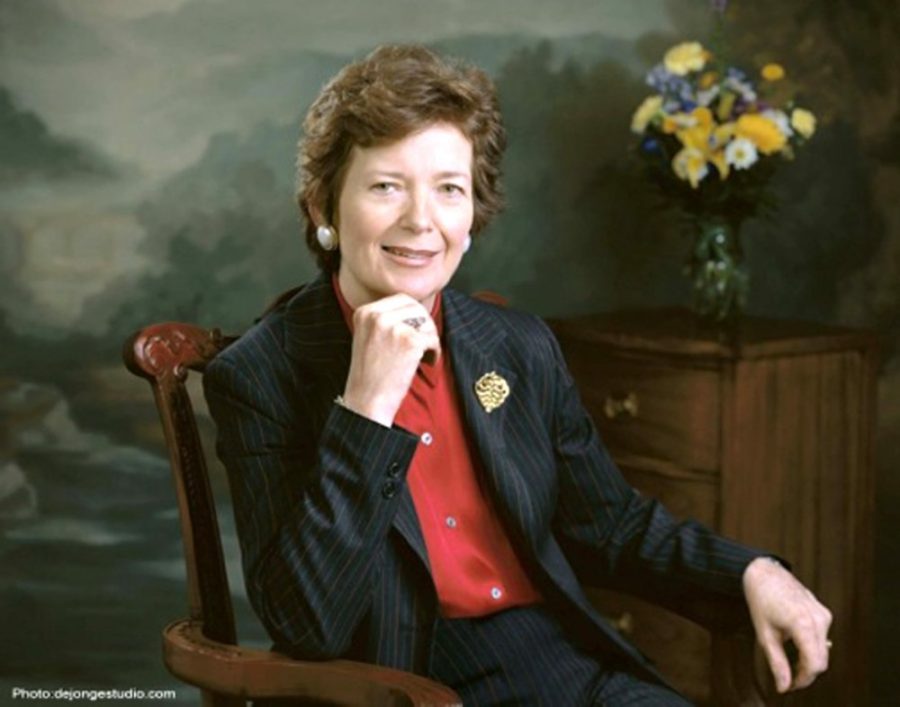The first female president of Ireland will present a lecture at the UA today about climate justice and how climate change affects people of varying demographics globally.
The Agnese Nelms Haury Program invited Mary Robinson, the former president of Ireland, to speak at the UA, said Anna Spitz, senior program director for the Institute of the Environment. This new program is affiliated with the Institute of the Environment, the College of Social and Behavioral Sciences and the College of Science.
“Mrs. Robinson has extensive worldwide experience and is especially concerned about how climate change will affect vulnerable populations,” Spitz said. “The Southwest is where climate change will have a disproportionate impact. Mrs. Robinson is inspirational and will raise awareness of the connection between climate change and human rights.”
The UA is one of the top universities in the country looking at climate impact from society, said Diana Liverman, co-director of the Institute of the Environment.
“We’re happy to have one of the top people in the world looking at that coming to visit us,” Liverman said.
Liverman said it is her understanding that Robinson will be speaking about how climate change has much greater impacts on the poor than it does on the rich because the poor often live in areas that are more vulnerable to natural disasters.
“Even within Tucson, less well-off people can’t afford to run air conditioning in the summer, they can’t afford to pay for water when it’s hot weather, so there’s really major issues as to how people are affected by natural disasters and by climate change,” Liverman said.
She added that there are a lot of UA students and faculty who are concerned with human rights, and that she thinks it will be great to hear from Robinson.
“She just seems like somebody who has kept her values throughout her life and has achieved more than most people ever do,” Liverman said.
Bayleigh Preston, a psychology sophomore, said she thinks having the first female president of Ireland give this presentation will draw more national attention to the issues she brings up.
“Poor people in Tucson might not have heat or air so they can get sick from being in the cold, or even get heat stroke from not having air,” Preston said.
Liverman said the Institute of the Environment has a large number of projects that focus on climate variability, which include the climate extremes we are experiencing now and the ones we might get in the future. The Center for Climate Adaptation Science and Solutions works to try to help the U.S. and other countries cope with the impacts of warmer climate and natural extremes.
_______________
Follow Brandi Walker on Twitter.








